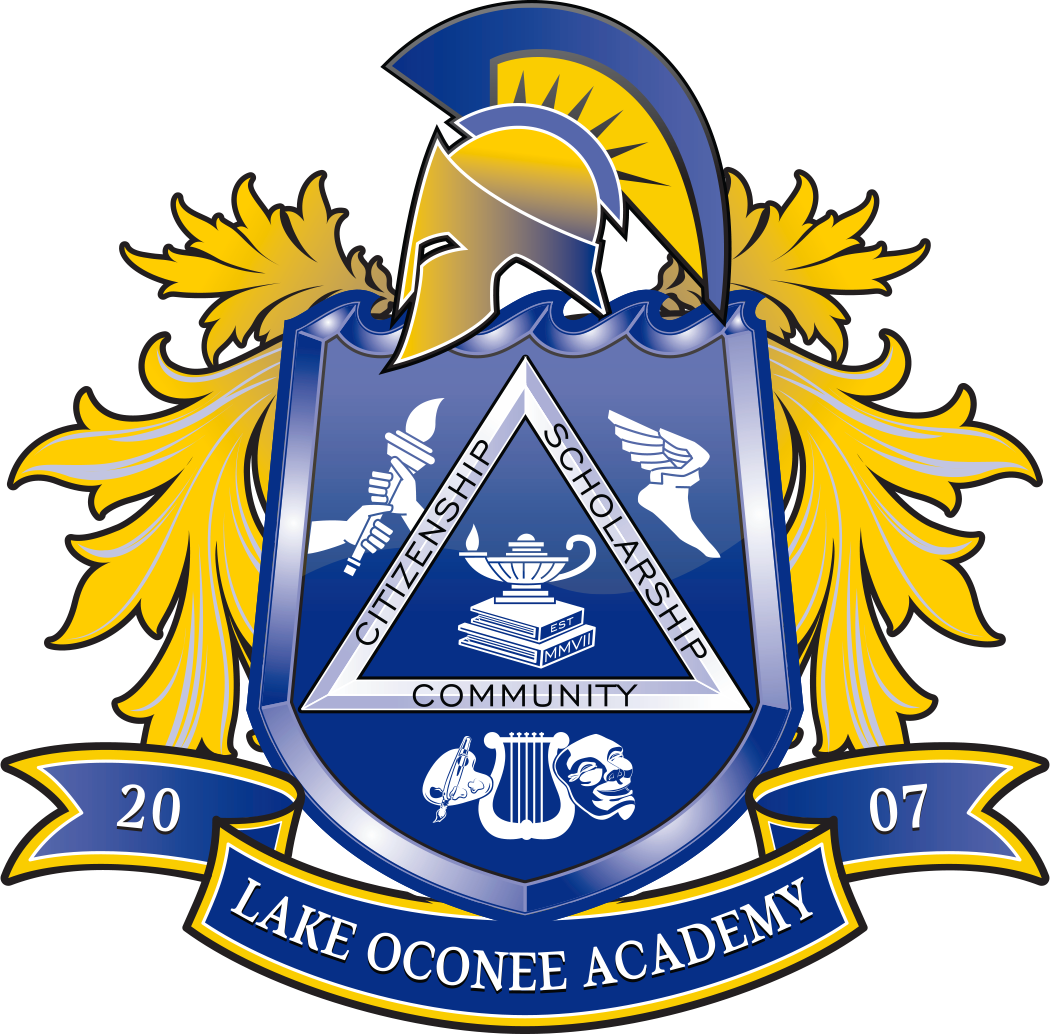Core Knowledge Curriculum
A Core Knowledge Education
The idea behind Core Knowledge is simple and powerful: knowledge builds on knowledge. The more you know, the more you are able to learn. This insight, well-established by cognitive science, has profound implications for teaching and learning. Nearly all of our most important goals for education–greater reading comprehension, the ability to think critically and solve problems, even higher test scores–are a function of the depth and breadth of our knowledge.
~ Core Knowledge Foundation
The Core Knowledge Foundation is an independent, non-profit, non-partisan organization dedicated to excellence and fairness in early education. It was founded in 1986 by E. D. Hirsch, Jr., professor emeritus at the University of Virginia and author of many acclaimed books, including Cultural Literacy: What Every American Needs to Know and The Schools We Need: and Why We Don’t Have Them. The Foundation conducts research on curricula, develops books and other materials for parents and teachers, offers workshops for teachers, and serves as the hub of a growing network of Core Knowledge schools.
What is Core Knowledge?
An Idea . . .that for the sake of academic excellence, greater fairness and higher literacy, elementary and middle schools need a solid, specific, shared core curriculum in order to help children establish strong foundations of knowledge grade by grade.
A Guide to Specific, Shared Content . . . A grade-by-grade guide to important knowledge supported in the Core Knowledge Resources, including the What Your Kindergartner – Sixth Grader Needs To Know book series.
A School Reform Movement . . . taking shape in hundreds of schools where educators have committed themselves to teaching important skills and the Core Knowledge content they share within grade levels, across districts, and with other Core Knowledge schools across the country.
What are the Benefits of Core Knowledge?
For Students: Provides a broad base of knowledge and a rich vocabulary, motivates students to learn and creates a strong desire to learn more, provides the knowledge necessary for higher levels of learning, and helps build confidence.
For the School: Provides an academic focus and encourages consistency in instruction, provides a plan for coherent, sequenced learning from grade to grade, promotes a community of learners — adults and children, becomes a tool for lesson planning & communication among teachers and with parents, and guides thoughtful purchases of school resources.
For the School District: Provides a common focus to share knowledge and expertise, decreases learning gaps caused by mobility, encourages cooperation among schools to provide quality learning experiences for all students, and provides a strong foundation of knowledge for success in high school and beyond.
For Parents and the Community: Provides a clear outline of what children are expected to learn in school, encourages parents to participate in their children’s education both at home and in school, and provides opportunities for community members to augment instructional resources.
Core Knowledge Pre-School and K-8 Curriculums
To find out more about the components of the Core Knowledge Preschool and K-8 curriculums, please click on the links below:

